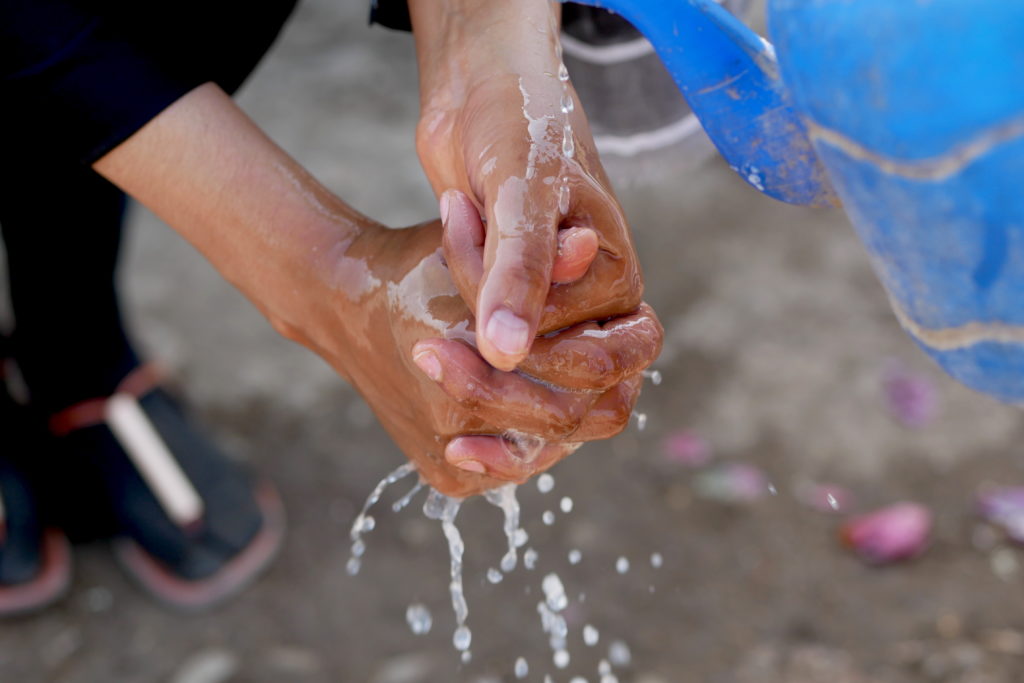The COVID-19 pandemic has changed the world. From early on, the pandemic shone a spotlight on the importance of simple hygiene behaviours such as handwashing with soap and water. Prior to the pandemic, less attention was placed on understanding and promoting handwashing with soap despite its essential role in preventing the spread of this and many other diseases.
With increased recognition of the value of handwashing with soap, actors across the sector have begun to trial new approaches promote uptake of this vital behaviour at critical times. It is vital that this momentum is now maintained to ensure handwashing with soap remains a policy and programming priority so that it can be embedded in people’s lives long-term.
In addition to its health impacts, COVID-19 has also had serious social and economic consequences. Existing inequalities have been exacerbated, with the most vulnerable often the worst affected. It is important that duty bearers continue to expand efforts to reach those in the most challenging contexts in order to ensure no one is left behind.
Restrictions to movement and human interaction have also forced changes to ways of working, including in the sanitation and hygiene sector where face-to-face meetings and facilitation was previously central to many approaches. Being unable to meet in groups, physical distancing and the shielding of older and vulnerable people has presented a challenge to programmes focusing on leaving no one behind in their work.
The pandemic, crucially, forced many to question the need for long-distance travel, as international actors have had to step back and let local actors lead responses. Although many had plans to begin to reduce travel due to climate related concerns, the pandemic has fast-forwarded progress on this front.






